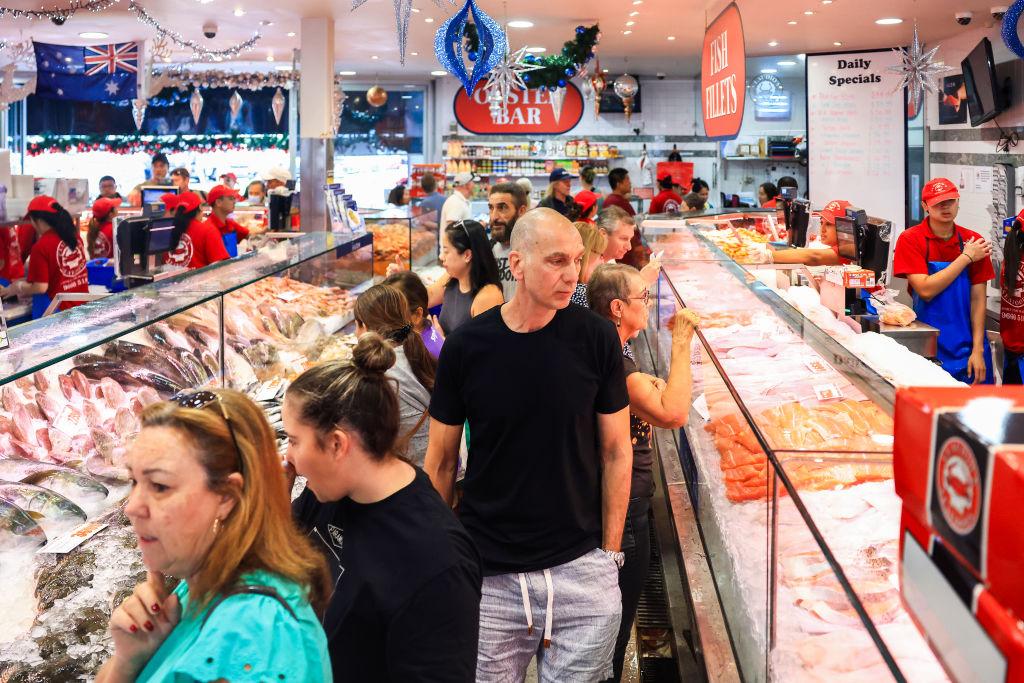The lower-than-expected growth in inflation has strengthened hopes about another interest rate pause by the Reserve Bank of Australia (RBA) in February.
According to the latest data from the Australian Bureau of Statistics (ABS), the monthly CPI (consumer price index) rose 4.3 percent in the 12 months to November 2023, down from 4.9 percent in the previous month and marking the smallest annual increase since January 2022.





